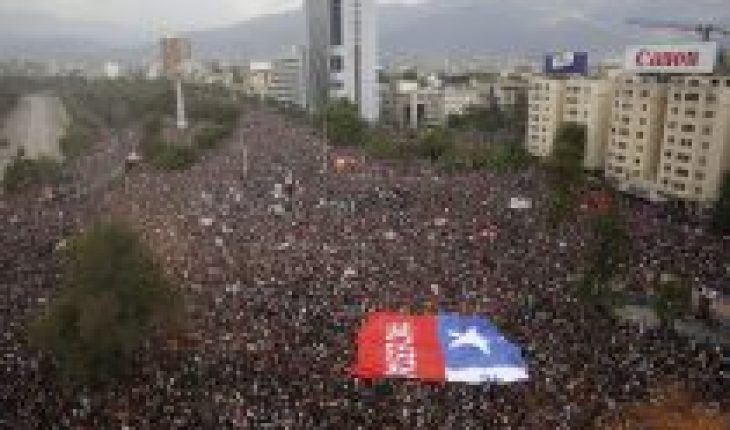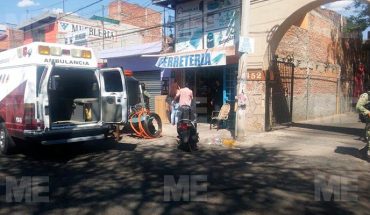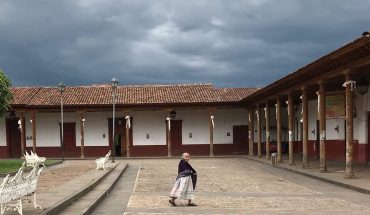The constituent process is progressing and, after the approval of its regulations, the Constitutional Convention has begun the analysis of the contents of the future Magna Carta. The conventional ones have an enormous task, since they will have to address a wide variety of proposals and assemble them into a coherent constitutional text, which reflects the feeling of the citizens who have mobilized to make this process possible.
To maintain the dialogue and permanent link between those who hold formal power and citizens, a regulation of popular participation was created. This set of provisions includes human rights standards at the international level, with a strong emphasis on inclusion. Innovating in methods, rigorous in requirements, and ambitious in objectives.
But this is not enough. It is necessary to overcome a series of complexities to make viable that participatory promise far above the poor standards to which Chilean institutions accustomed us in the last 30 years. According to the rules of procedure, participation must have an impact on the deliberation of the thematic commissions.
Once implemented, the mechanisms of participation could be extended at most until the Convention begins to draft the articles. If this last stage occupies the final 3 months of work, i.e. April, May and June 2022, citizen feedback cannot be extended beyond March.
There will be 4 months for citizens to deliver their contributions, an extremely short period for the number and variety of mechanisms, even more so if it is considered that we will have an electoral process in the meantime and that February usually has less activity. It is crucial to promote and validate participatory mechanisms, process results as quickly as possible, provide feedback to the process and ensure traceability.
Popular participation is not synonymous with disorderly meetings between those who arrive at them. It should aim at massiveness and inclusion, a clear framing of expectations of those who participate and, above all, to encourage citizen deliberation with advocacy. It is essential to have defined how it will be convened and how what will be processed, before starting with the implementation of the mechanisms.
What are the urgencies? That once the Technical Secretariat of Popular Participation is installed, its members will focus on making available human, technical and economic resources to begin citizen work as soon as possible.
According to the approved text, there will be various sources of financing, both direct and indirect, that must be covered by the Mandatory Public Accounts, the Public Hearings and the Territorial Weeks. But there are also the Communal Councils and the Territorial Offices, the self-convened mechanisms, campaigns for the presentation of Popular Initiatives of Norm and the organization of the Self-Convened Meetings. The resources to implement the participation mechanisms are around $1.5 billion.
Finally, an effort to communicate with citizens regarding the opportunities and sense of popular participation in the process is required. The mechanisms must be widely known, transparent, binding, but also simple, available to anyone, attractive, inviting to get involved.
The route is drawn up by regulation. It is now required that the Convention act with maximum urgency, that the executive deliver the required resources and facilitate the official endowment for the Technical Secretariat. It is vital to initiate cooperation with academic institutions and civil society organizations, which can contribute to carrying out this important task, on which citizen adherence to the constituent process depends to a large extent.
The content expressed in this opinion column is the sole responsibility of its author, and does not necessarily reflect the editorial line or position of El Mostrador.





